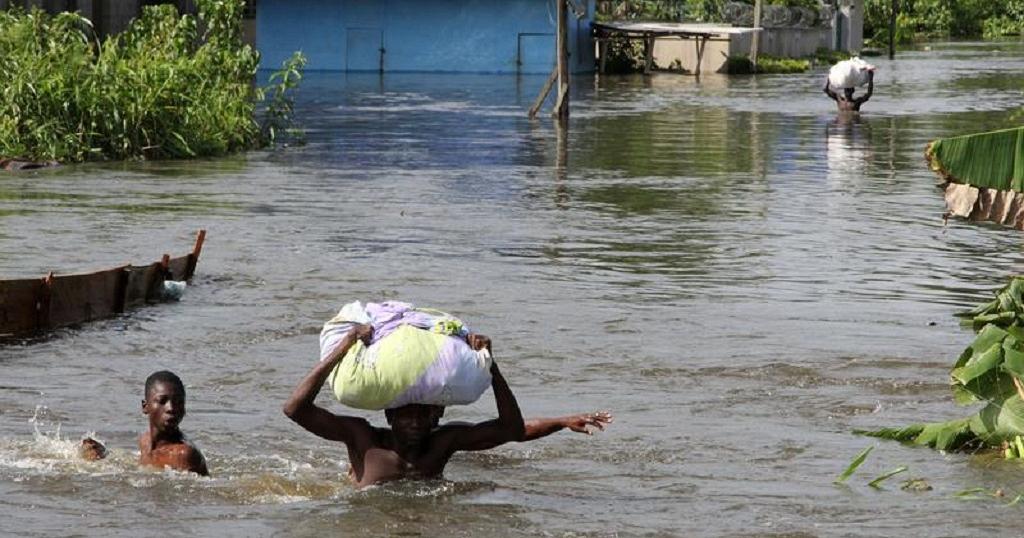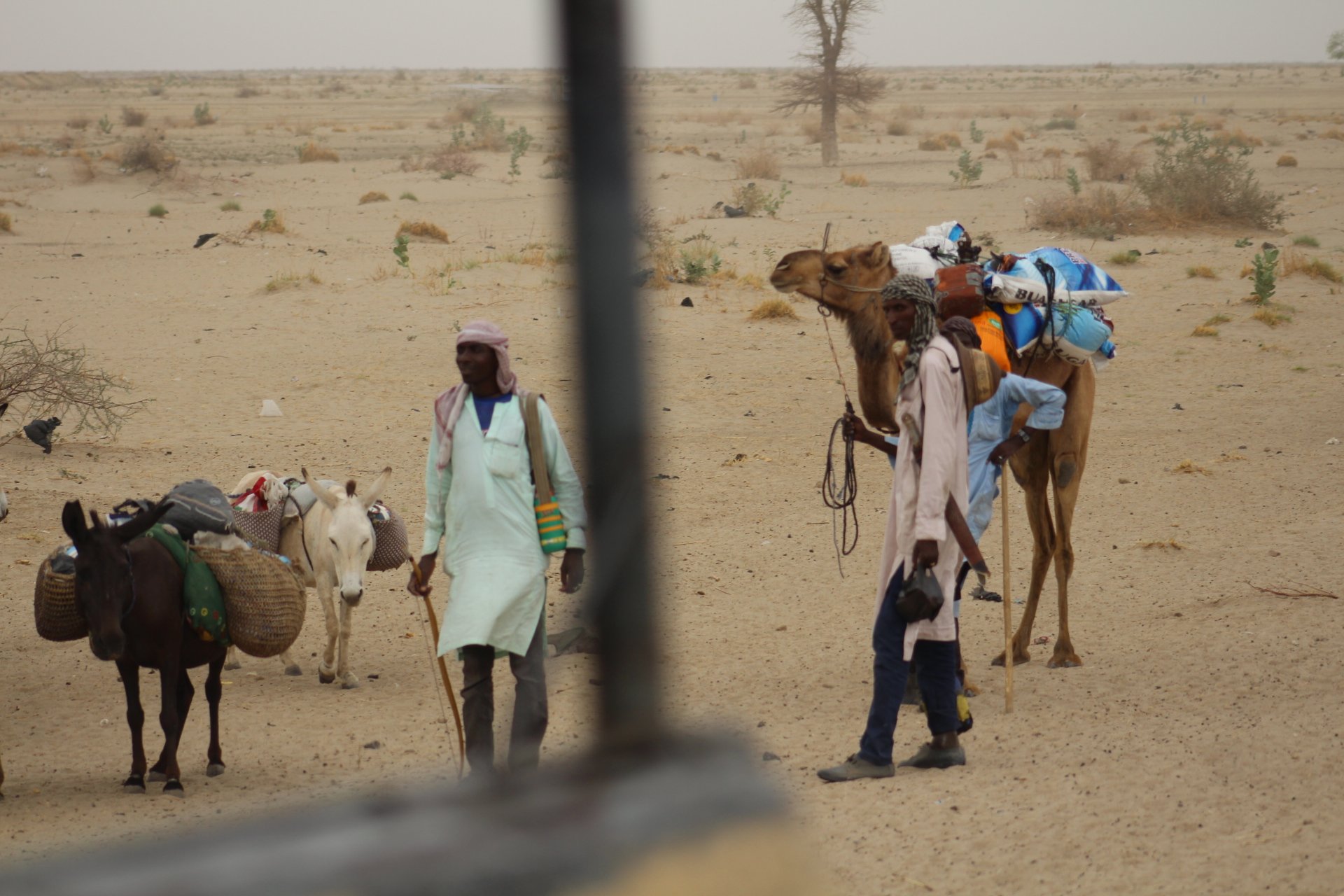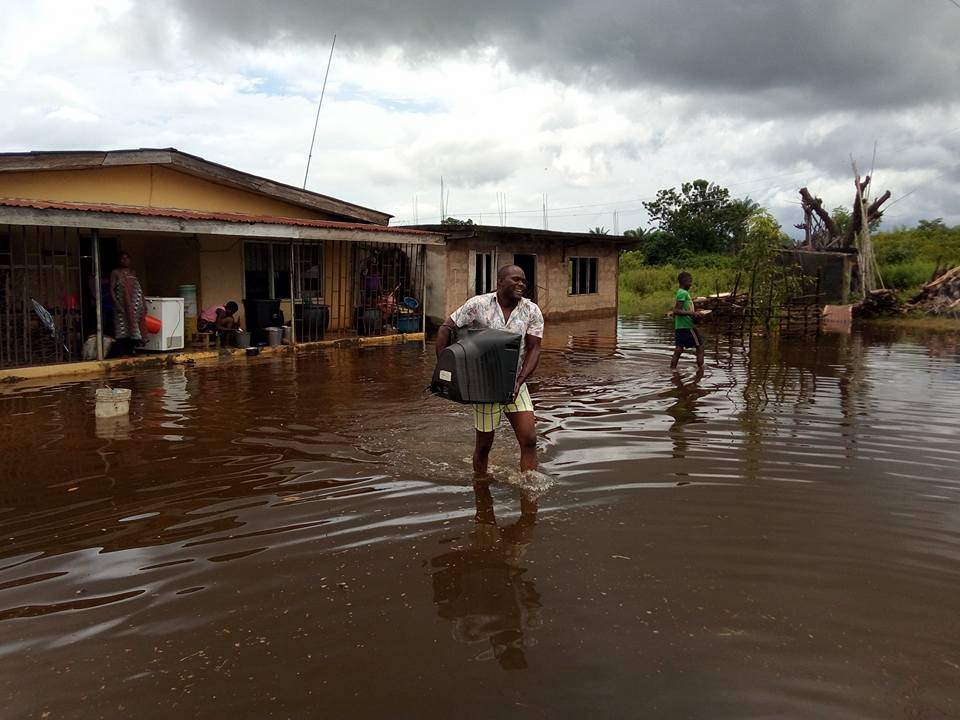Climate Change and Mental Health in Nigeria
Presently, several researches (7,8,9) carried out in Nigeria have shown that climate change causes death, affects public health and food security, causes displacement of communities, damage to properties, breakdown of infrastructure, and puts stress on water supply and quality. Individuals and NGOs constantly appeal to policy-makers to allocate funds for building resilience and adapting to climate change; one aspect that is yet to get attention from the media, NGOs, researchers, and government is the way that climate has impacted on mental health in the country.
According to the IPCC’s (Intergovernmental Panel on Climate Change) projections (2007), Nigeria is expected to be characterized by high temperatures, more intense and extreme weather events and sea level rise (10). There has been an increase in the rate and intensity of extreme weather events in Nigeria and the effects already been felt include heatwaves across the country, rising sea levels and flooding in various parts of Nigeria’s coastal areas, desert encroachment and drying up of rivers in the north, gully erosion in the south east and so on; causing loss of life and properties, reduced agricultural productivity, public health issues, forced migration and the associated violence, loss of community identity and so on.
In 2018, the National Emergency Management Agency (NEMA) reported that over 1.9 million Nigerians were affected by severe flooding that ravaged 103 Local Government Areas across 10 states in the country. Prior to that, the agency had reported that the flood of 2012 was the worst in over 40 years with 30 out of Nigeria’s 36 states affected, 1.3 million Nigerians displaced, and resulting in 431 deaths. In 2012, I was in Bayelsa State, and I had the opportunity of visiting one of the affected communities where I was told that the flood caused corpses in the cemetery in that vicinity to be exhumed. I witnessed first-hand the depression, anxiety, shock, despair, that came along with memories of a flood that also caused damage to properties and farmlands, loss of livelihood, deterioration of health conditions and so on. Some people said they couldn’t erase the memory of the flood bringing human remains and other waste into their homes and were so devastated that they had to move out of the areas. The level of stress that it caused was high and the tension in that community was palpable as at that time.





















Comment
Reply